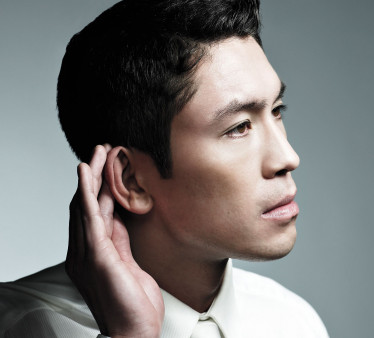People living with HIV apparently have worse hearing than those who are HIV negative. Researchers tested the pure-tone hearing threshold levels in both ears of 396 men and women, a little more than half of whom were HIV positive, and who were 48 years old on average.
The high- and low-frequency pure-tone averages in the better ears of the HIV-positive participants were a respective 18 and 12 percent higher than those of the HIV-negative participants. This means that the HIV-positive individuals needed slightly louder tones to register sounds across the frequency spectrum, indicating they have worse hearing.
The findings remained the same even after the researchers accounted for CD4 count, viral load, antiretrovirals, sex, race, age, and noise exposure.
The study’s lead author, Peter Torre III, PhD, an associate professor of audiology at San Diego State University, says he and his colleagues believe that the hearing loss is most likely the result of nerve damage. It is well known that HIV affects the central nervous system.
“Since hearing loss is irreversible, it is important that individuals protect their hearing before a loss manifests itself,” Torre says. “Individuals with HIV should protect themselves in noisy environments, and also minimize their activities, if possible, in those noisy environments.”


Thinkstock (Model(s) used for illustrative purposes only)
Does HIV Hurt Your Hearing?
People living with HIV apparently have worse hearing than those who are HIV negative.






Comments
Comments